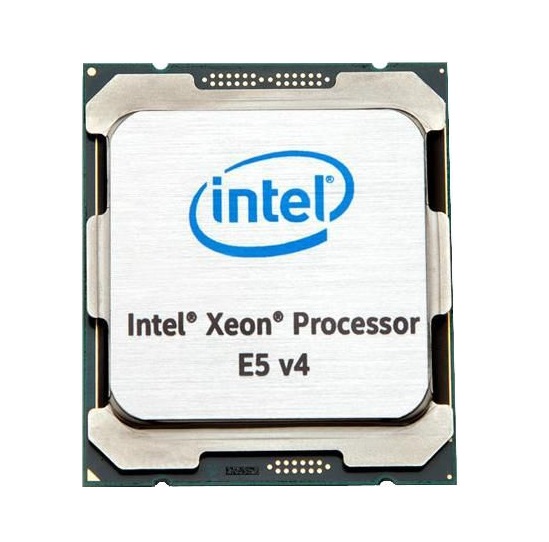CPUs and Processors
Welcome to our online store, where we offer a wide range of CPUs and processors for your computing needs. Whether you're building a new computer or upgrading your existing system, we have the right CPU or processor for you.
CPUs (Central Processing Units) and processors are the most important component of a computer system. They are responsible for executing all the commands and processing data. A good CPU or processor can make a significant difference in the performance of your computer, making it faster and more responsive.
Benefits:
High performance:A good CPU or processor can significantly improve the performance of your computer, making it faster and more responsive.
CPUs (Central Processing Units) and processors are the most important component of a computer system. They are responsible for executing all the commands and processing data. A good CPU or processor can make a significant difference in the performance of your computer, making it faster and more responsive.
LAN and WAN modules are essential components of networking devices that enable the transfer of data between devices within a Local Area Network (LAN) or a Wide Area Network (WAN). In this article, we will discuss the benefits of LAN and WAN modules, the different types of modules available, and how to choose and maintain them. LAN and WAN modules provide additional bandwidth to networking devices, enabling faster data transfer rates and reducing network congestion. With the addition of LAN and WAN modules, networking devices can connect to more devices and locations, improving overall network connectivity. LAN and WAN modules can be added to networking devices to increase their capabilities and expand the number of available ports and interfaces. By adding LAN and WAN modules to a device, network administrators can easily scale their network infrastructure to meet changing business requirements. Ethernet modules provide additional Ethernet ports and interfaces to networking devices, enabling devices to connect to each other and to the internet. ATM modules provide high-speed data transfer capabilities over WANs. T1/E1 modules enable networking devices to connect to T1/E1 lines, which are commonly used for voice and data communications over WANs. ISDN modules enable networking devices to connect to ISDN lines, which are commonly used for voice and data communications over WANs. When choosing a LAN or WAN module, it's important to consider the specific needs and requirements of your network. For example, if you need to connect to T1/E1 lines, a T1/E1 module may be the best choice. It's also important to ensure that the module is compatible with your networking device. To maintain your LAN and WAN modules, regular maintenance is crucial. Here are some tips for maintaining your LAN and WAN modules: Keep the modules free of dust and debris, cleaning them regularly with a soft, dry cloth. Ensure firmware and software are up-to-date to ensure compatibility with the latest security and performance updates. Test the modules regularly to ensure they are functioning properly. Ensure that the modules are installed correctly and securely in the networking device. LAN and WAN modules are critical components of networking devices, providing increased bandwidth, connectivity, expandability, and scalability to meet changing business requirements. By understanding the different types of LAN and WAN modules available, how to choose the right one for your needs, and how to maintain them, you can ensure that your network is operating at its best.LAN & WAN Modules
Benefits of LAN and WAN Modules:
Increased Bandwidth:
Improved Connectivity:
Expandability:
Scalability:
Types of LAN and WAN Modules:
Ethernet Modules:
ATM (Asynchronous Transfer Mode) Modules:
T1/E1 Modules:
ISDN (Integrated Services Digital Network) Modules:
Choosing and Maintaining LAN and WAN Modules:
Conclusion:












